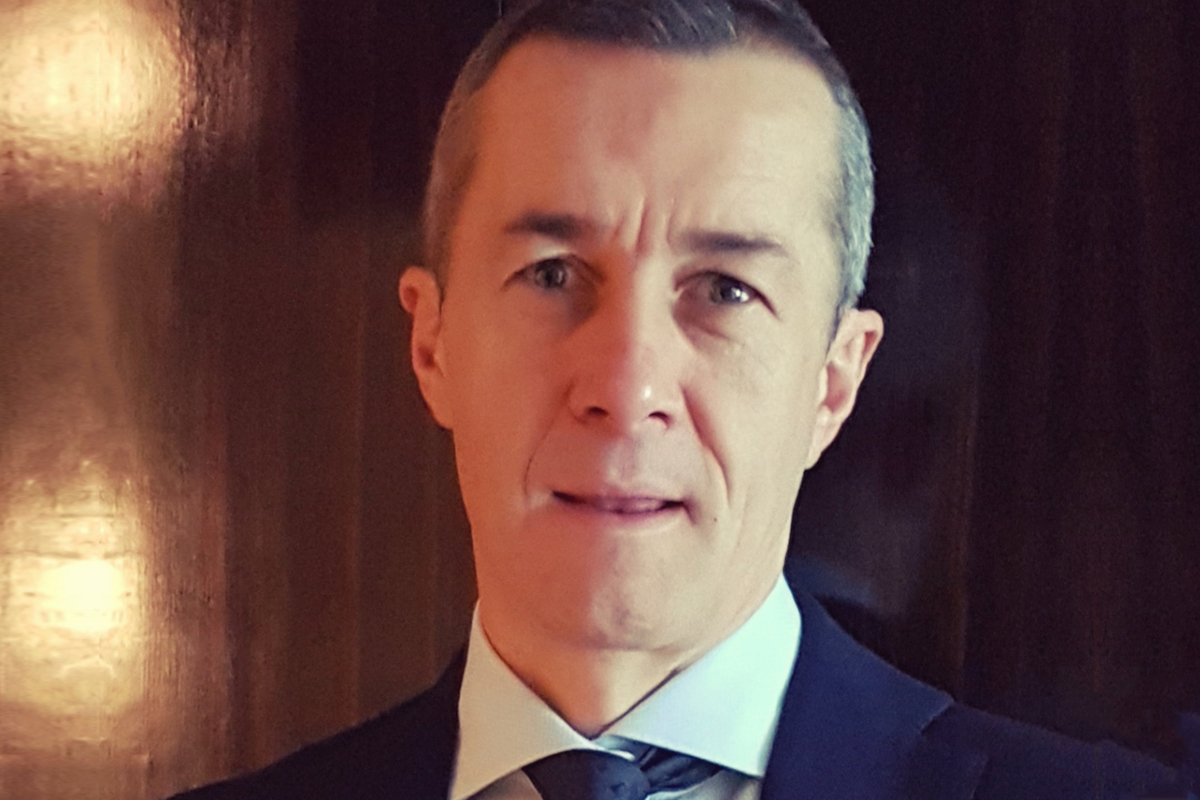THE TALK: Expertise to export

Doing business before and after Covid19: what has changed?
Covid 19 is quickly changing habits and business models that we’ve had for years, perhaps decades. First and foremost, we are going through something historic that people have not dealt with before. From the end of February until the beginning of March, before the complete lockdown, we began relying on tools that we had never used before. For example the meet platform and video chats over whatsapp, and now we regularly do video calls with these technologies up to two to three times per day. We use them with our colleagues in the company as well as with clients, some of whom are abroad. These have turned out to be incredibly useful tools for showing people how our machines work. Our technical staff can explain thing step by step and clients can ask questions. It is a very easy, practical way to allow us to continue working without having to send our support staff in person. We also do a lot of training online, which is something that, under normal circumstances, we can’t focus on as much as we would like to.
What types of measures have you taken to reduce the impact of this situation?
First and foremost, I would like to thank Sisma’s staff for being open, for how they have handled this emergency with a great deal of understanding. Ours is a strategic company that focuses on exports, considering we work in more than 90 countries throughout the world, some of which have adopted much less drastic measures. Because of these two factors, we have continued to manufacture, though in a reduced capacity. What’s more, many of our clients adhere to the Ateco code so they’ve never stopped working, and, in turn, this has helped us a lot as suppliers. We’ve also relied on the unemployment system and all social safety nets provided by the government. This has also allowed us to guarantee fundamental business services to clients in Italy and abroad. Customer care has always been active. All we had to do was transfer calls to company cell phones. This is indispensible for us because 90% of our overall turnover, from all business units, comes from abroad. And it is absolutely fundamental for us to show that we are available, especially in the most difficult moments. We also need to be prepared for what is on the horizon and are redistributing the workload, putting a greater focus on manufacturing while still maintaining a sense of balance in the company.
Phase 2: positives and critical factors
The overriding thought is to try to get back to our lives, perhaps with a slower pace, but normality is a very important factor in order to regain confidence. Staying holed up in the house is not good for people’s mental health, and returning to certain habits can help us feel positive again. The critical factors may be potential differences in the limitations imposed by each country. This may cause delays and obstacles in delivering goods, which would be inconsistent with the global economy we now live in. It would be better for everyone if we could find some sort of agreement, at least within Europe. More generally speaking, I hope that there is truly a desire to provide companies with the right financial tools, but what I’m hearing from those who work on these fronts is that the bureaucracy is an obstacle to obtaining what has been promised. And this isn’t a good look for the country as a whole. This could be a problem for anyone outside of Italy who is thinking about investing in Italy or companies that make Italian goods.
What skills does the jewelry industry have in order to stay on top even in a situation like this?
As I was saying, Sisma has different business units, but 60% of its overall turnover comes from the jewelry industry, an elite industry. We shouldn’t forget that the Italian jewelry sector is a true “gem” when it comes to Italian manufacture, boasting cutting-edge technology that makes it a top player in the world. This is what we need to focus on. Sisma is certainly an example of this type of excellence. We have a wide range of products as well as ones that can be personalized. In fact, clients often ask for machines for unique working methods. This emergency has also brought out a greater desire to support our customers and be more in tune with their real requirements and manufacturing needs. We create technologies for jewelry makers so listening to them is incredibly important. Over the years, we’ve also built strategic synergies throughout the Vicenza area and its important manufacturing district. We often develop ideas with other companies, with the objective being to offer new products in other areas of the world as well. This also happens with the Valenza and Arezzo districts with a reciprocal exchange of expertise that leads to positive ripple effects.
Can you comment on recent actions taken by the government and Europe?
The Cura Italia decree is essential, but it’s still not enough for the severity of the situation. Those who work in the banking industry continue to talk about how there is too much bureaucracy and unclear procedures that are turning out to be an obstacle to getting financing, which should be readily available. And in a situation like this, acting quickly is fundamental for the country’s future. What’s more, I see that European leaders are not offering much support at all, and there’s an unwillingness there, which should be the true value of Europe.
Year founded: 1961
Markets where present: 90 countries
Exports: 90% of overall turnover, direct and indirect, generated by all business units
Employees: 230
Foreign offices: Turkey, United States, Mexico and China
Turnover: €55 million total, 60% from the jewelry industry
Interview by Federica Frosini, Editor in Chief VO+
Interview by Lorenza Scalisi, Senior Editor VO+
Interview by Antonella Reina, Editor VO+






